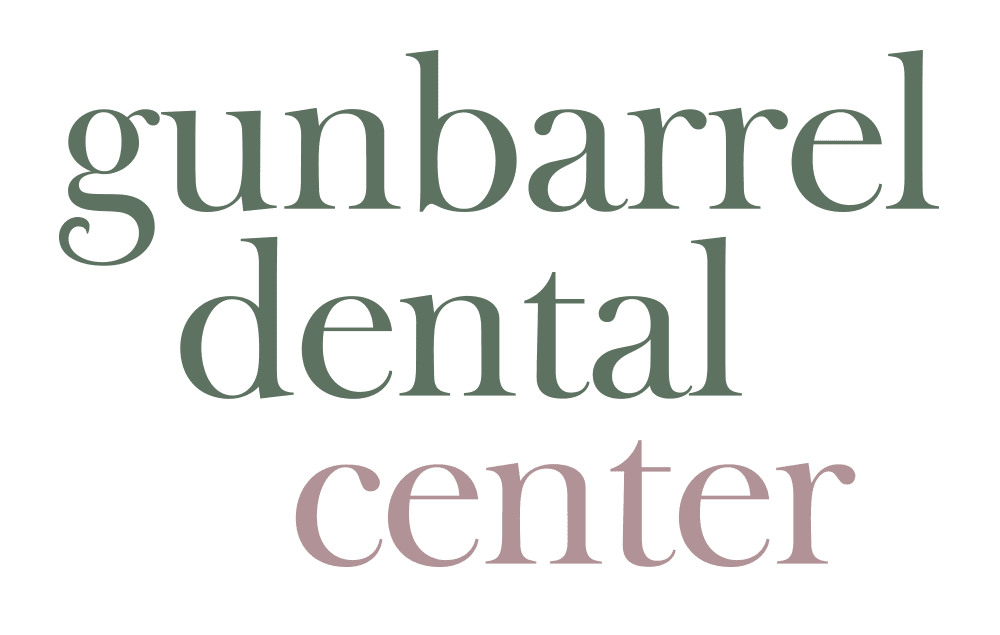Getting a dental implant is a significant step toward restoring both the function and aesthetics of your smile. While the surgical procedure itself is crucial, proper aftercare plays an equally important role in ensuring the success and longevity of your implant. Understanding how to care for your implant in the days, weeks, and months following the procedure can make all the difference in your healing process and overall oral health.

The First 24 Hours
Immediately after your dental implant surgery, your mouth will need time to begin the healing process. It’s normal to experience mild swelling, slight bleeding, and discomfort at the surgical site. These symptoms usually subside within a few days but managing them correctly right from the start is essential. You should avoid disturbing the implant site, which includes refraining from spitting, rinsing vigorously, or touching the area with your fingers or tongue.
To reduce swelling, apply an ice pack to the outside of your face near the surgical area. It’s also important to rest, avoid strenuous activities, and keep your head elevated when lying down. Pain can typically be managed with over-the-counter medications, though your dentist or oral surgeon may prescribe something stronger depending on the extent of your procedure.
Eating and Drinking After Surgery
Your diet in the days following implant placement can significantly impact your healing. Stick to soft, cool foods for at least the first 48 hours, such as yogurt, applesauce, smoothies, and mashed potatoes. Avoid anything hot, spicy, crunchy, or hard, as these could irritate the surgical site or disrupt the healing process. Alcohol and smoking should also be avoided, as they can delay healing and increase the risk of implant failure.
Hydration is vital, but be sure to drink water without using a straw. The suction from a straw can disturb the blood clot forming at the surgical site and lead to complications like dry socket, a painful condition more commonly associated with tooth extractions but still a concern in oral surgeries.
Oral Hygiene and Cleaning the Implant Site
Good oral hygiene is essential, but extra care is needed around the implant area in the days following your procedure. For the first day or two, you may be instructed to avoid brushing near the surgical site altogether. After that, gentle brushing with a soft-bristled toothbrush and non-abrasive toothpaste can help keep the area clean without causing irritation.
Your dentist may recommend rinsing with a saline solution or a prescribed antimicrobial mouthwash to keep bacteria at bay. Avoid using commercial mouthwashes unless your dentist gives you the go-ahead, as some ingredients may be too harsh for healing tissues. As the implant site heals, you can slowly return to your regular oral hygiene routine, always being mindful of the implant area.
Follow-Up Visits and Monitoring Progress
Dental implant healing typically takes several months, and during this time, regular follow-up appointments are essential. Your dentist will check that the implant is integrating properly with your jawbone in a process called osseointegration. These visits also give your dental team the opportunity to address any concerns early on and make any adjustments to your aftercare routine if necessary. You may be fitted with a temporary crown during the healing period before your final restoration is placed. Your dentist will guide you on how to care for it to ensure everything stays stable and infection-free.
Long-Term Care for a Lasting Implant
Once your implant has fully healed and your permanent crown or prosthetic has been placed, ongoing care is similar to natural teeth. Daily brushing, flossing, and regular dental checkups remain vital. Although implants don’t decay like natural teeth, the surrounding gum tissue can still become inflamed or infected without proper hygiene, leading to complications like peri-implantitis.
Dental Implants in Boulder, CO
At Gunbarrel Dental Center, we are dedicated to preserving your oral health. If you have tooth loss or need an extraction, your bite could be at risk of developing worsening conditions. But with a dental implant, you could restore your smile and jaw functionality. Contact our office today to schedule a consultation and learn more about implant dentistry.

